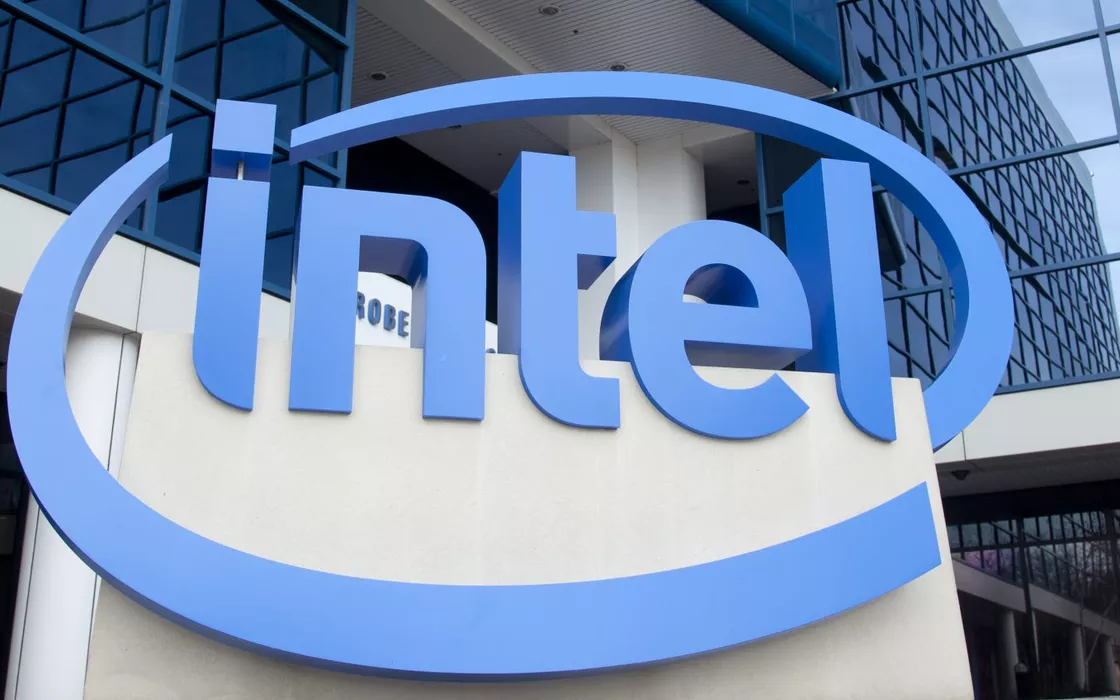According to the regional court in Düsseldorf, Germany, Intel actually infringed a patent owned by R2 Semiconductora company based in the USA, thus establishing the ban on sale of some processors. The intellectual property that Pat Gelsinger’s company allegedly used without authorization has to do with the technology of voltage regulation of its chips.
The crux of the scandal, in particular, has to do with technology FIVR (Fully Integrated Voltage Regulator). This is an advanced voltage regulation solution integrated within a processor. Instead of using dedicated external components to manage voltages, with FIVR all interventions can take place directly inside the chip. An approach which, evidently, ensures various advantages in terms of energy efficiencyperformance and physical dimensions.
R2 Semiconductor claims that Intel’s Core Ice Lake, Tiger Lake, Alder Lake, and Xeon Scalable ‘Ice Lake Server’ series processors, as well as laptops and servers based on those chips, do not comply with its patents.
The sale of some Intel processors in Germany is blocked: the company goes on the counterattack
Intel strenuously opposed the accusations, believing that the other party was in the wrong and maintaining that a possible “ban” of the processors in question would be a disproportionate measure. The judges, however, accepted the reasons of R2 Semiconductor confirming the discontinuation of sales of the processors indicated in the legal dispute and prescribing the recall of the products based on them.
Intel, of course, decided to appeal contesting point by point the issues raised by the other party. Also because, claims the Santa Clara company, the “patent of discord” waved by R2 Semiconductor is now invalidated in the USA. And, as stated at Financial Timesaccording to Intel reality as R2 Semiconductor “should not be allowed to obtain bans on processors and other critical components to the detriment of consumers, workers, national security and the economy“.
In the meantime, the production of many models of Ice Lake and Tiger Lake processors is no longer active: this is part of the natural life cycle of Intel chips, gradually replaced by more recent and high-performance generations. The ban on sale imposed by German judges in Germany will therefore not significantly harm Intel and its partners. However, some PCs continue to use processors Intel Core Alder Lake 12th generation and versions boxed are still available on the market.
The good news is that the latest Intel processors are in no way affected by restrictive orders: think, for example, of the Core Raptor Lakeai Raptor Lake Refreshai Core Ultra Meteor Lake. Sales of these CPUs can therefore continue normally, as they are not contested devices.
The prosecution’s theses: R2 Semiconductor applauds the result obtained and explains its reasons
On your part, R2 Semiconductor declares itself satisfied with the German court’s decision. The company’s CEO, David Fisher, seems to bring old rust to light: “R2 has been developing intellectual property in the semiconductor industry, similar to ARM and Rambus, for more than 15 years. Intel is intimately familiar with R2’s business: the two companies were in the final stages of an investment by Intel in R2 in 2015, when Intel unilaterally terminated the trial“.
Again according to R2, the company had at the time requested information from Intel in order to verify the Gelsinger company’s approach to the use of FIVR technology. Receiving a communication from the company’s lawyers, R2 believed that Intel was using a patent without attribution or financial compensation.
On the one hand, Intel gives it the name patent troll to R2; on the other hand there is R2 who claims that Intel is the only company ever accused of violating its patents.
Opening image credit: iStock.com – Jason Doiy

